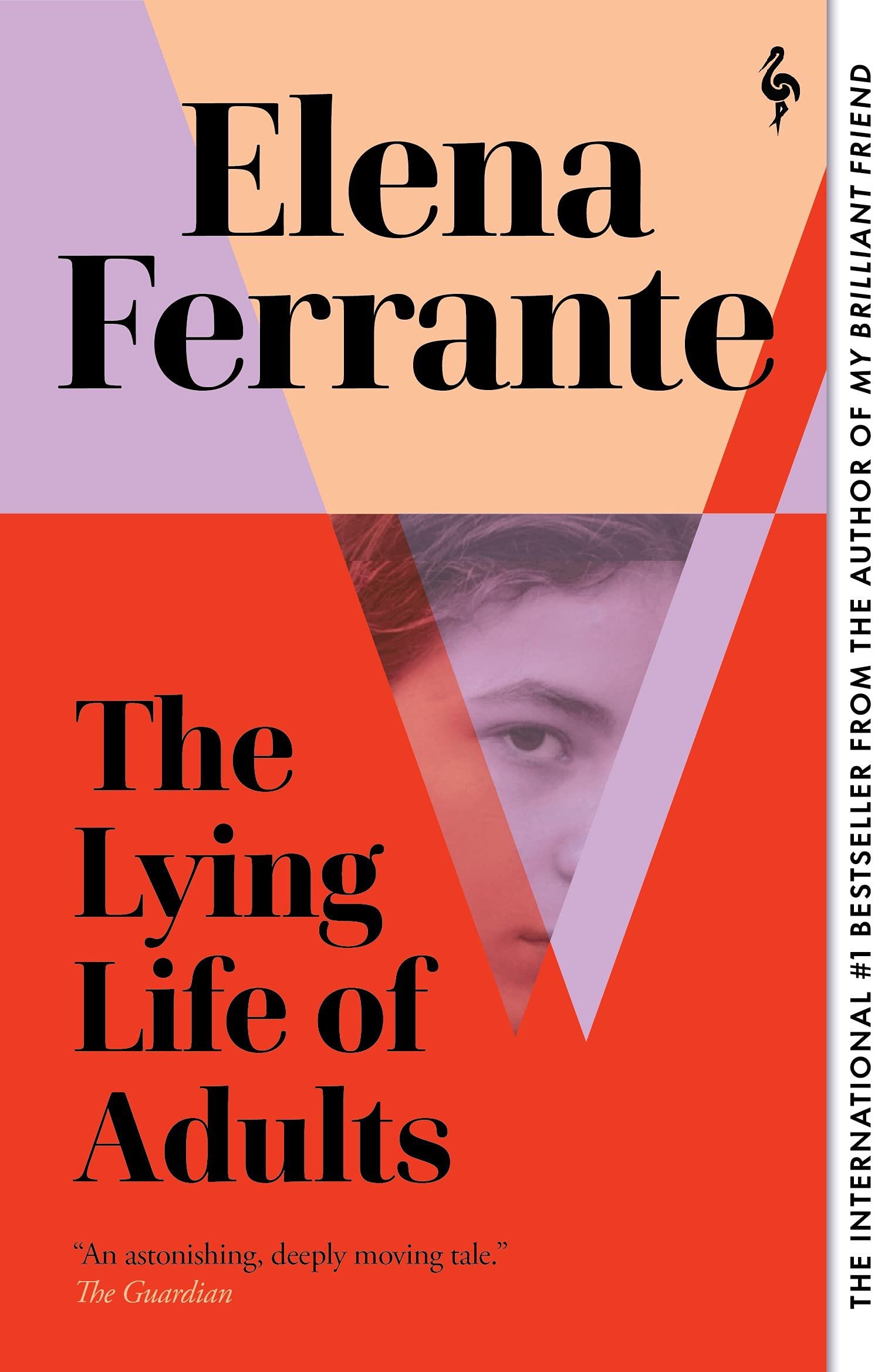Finding Place: “The Lying Life of Adults” by Elena Ferrante
Review by Elena Negron
Lies, lies, adults forbid them and yet they tell so many.
Elena Ferrante is one of my favorite writers, a writer whom I only happened to come across because we “share” the same first name. Or we do, theoretically, as her identity is still a mystery. Even so, sometimes I can cover the last name and pretend for a few moments that her books are mine.
Ferrante vividly unfolds the strange period between youth and adulthood, right as the young Giovanna enters the world. Giovanna discovers herself through the novel, escaping the grasp of her parents who are themselves flailing and sinking as the novel goes on. But she discovers herself the same way a young girl discovers what the world is— she discovers all the things she can and should be, and explores what she wants to adhere to and diverge from. Ferrante ties together themes of family, friendship, love, betrayal, and reality in this character-driven novel which expands and contracts in the neighborhoods of Naples.
Praise
Ferrante is a master. I’ve said it before, and I will say it again. The sentences and language that she weaves, and by no far extension Ann Goldstein, her translator, are unlike any that I have read before. This is my first Ferrante book after reading her Neapolitan series and it refused to disappoint. Even in moments that felt as if it were slowing down, Ferrante’s language kept the novel flowing. Ferrante is almost ferocious with the mean, disgusting honesty inside of her characters. She continuously exposes the youth and the thinking of young women in a realistic, brutal way. Giovanna is an honest character, the epitome of a young girl who dips herself in and out of worlds of her own doing with mixed desires. I have never seen such a stark but necessary change in a character over the course of some 300 pages. Ferrante, as always, does it so wonderfully.
An Argument For Belonging
Ferrante captures the bare essence of what it means to grow up. Giovanna looks for a place for herself. Close detail is paid to the different neighborhoods of Naples. She moves from one place to another, each affording her certain struggles and certain comforts. These are often connected to people: her mother, her aunt, Angela and Ida, her father. All of whom continue to press Giovanna on who she is becoming, what she is becoming. And she resists that, as many young girls entering teenagehood do. No one likes to be told what to do, especially when they’re fourteen, and Giovanna is no exception. There is also the issue of the bracelet belonging constantly to someone else. It parallels Giovanna’s self-imposed trials of security, always feeling passed along and moved from one location to another. What is so masterfully done about this is the way Ferrante ascribes certain people to locations and through that, certain aspects of Giovanna so that when she interacts in certain locations she becomes a different person or at least a different version of herself. The true Giovanna is searching, and unhappy, as most young girls are after they leave their youth.
Final Thoughts
Despite the occasional faltering in plot strength, Ferrante remains one of my favorite writers of the century thus far, and Ann Goldstein my favorite translator. Very few works can compare to the raw and beautiful honesty that Ferrante continues to show, time after time. The anger and emotions felt by Giovanna throughout this novel might as well have been pulled from my own brain. The desire to make herself ugly, to hate her parents, to be special and to be important. Ferrante knows how to capture the mentality of a young woman. She is explicit in the brutality of youth, the brutality of growing up, and the pain of not being able to find a place to belong when it seems to be all you are searching for.
